Apraxia/Dyspraxia
What is Apraxia/Dyspraxia?
Apraxia is a general term that describes difficulties moving parts of the body. Apraxia of speech (AOS), sometimes called Acquired AOS to distinguish it from Childhood Apraxia of Speech, is a neurological disorder that may develop as a result of a stroke or a brain injury. In AOS, the injury happens to the part of the brain that is responsible for controlling the motor movements specifically needed to produce speech, despite the fact that the muscles themselves are still working. Pure AOS is rare and it often co-occurs with aphasia, which can result in additional speech andlanguage difficulties. AOS affects the person’s ability to purposefully produce speech sounds and may affect the rhythm and rate of speech.
People with AOS know exactly what they want to say, but the brain does not send out clear messages to the muscles in the mouth so the wrong word or a made-up word may result. This can make communication very difficult and lead to frustration. The person with AOS may be able to produce non-speech movements like spontaneously blowing out a match, coughing or whistling, but be unable to do so when asked or on command.
What can professionals do to help?
A speech-language pathologist (SLP) will assess the person with suspected apraxia to rule out difficulties with swallowing, muscle weakness or muscle control for speech, and language. The SLP will check speech sound production skills as well as determine the severity of the problem. An SLP will work with a person with apraxia to help them re-program how they make speech sounds and retrain brain pathways for sound sequences and word production. SLPs help individuals adjust their speech rate to allow more time for the motor pathways that translate thoughts into speech to be re-established. The SLP will also provide information and strategies to help reduce frustration and promote improved communication.
For more information
